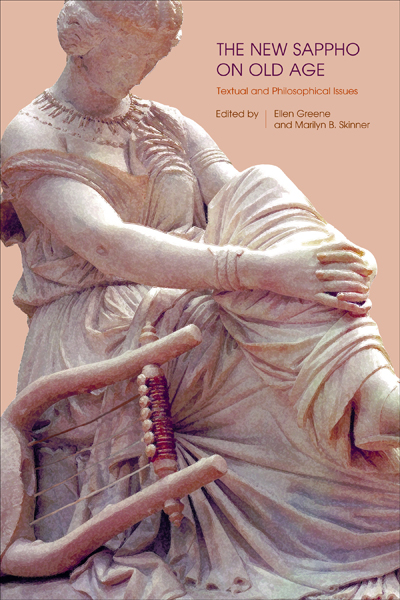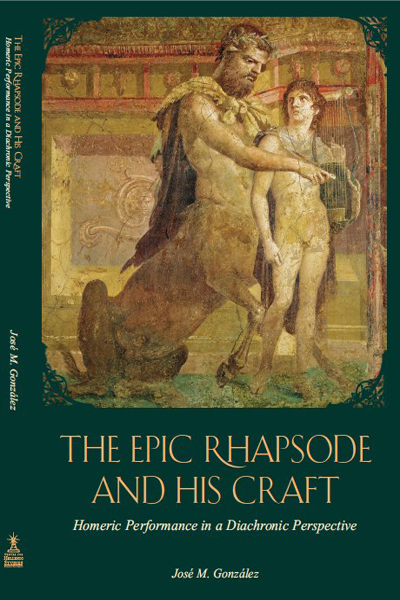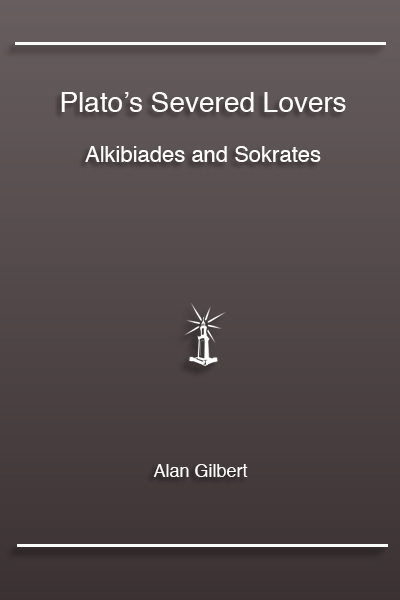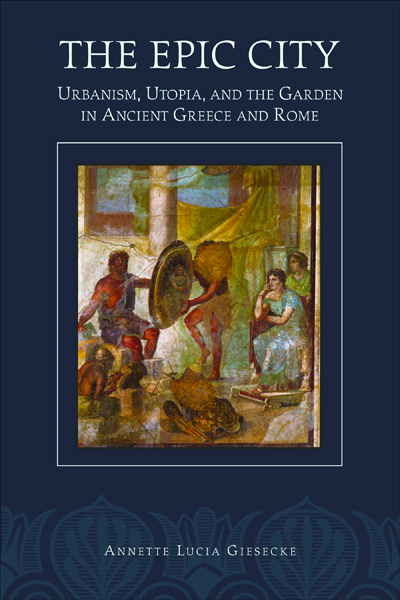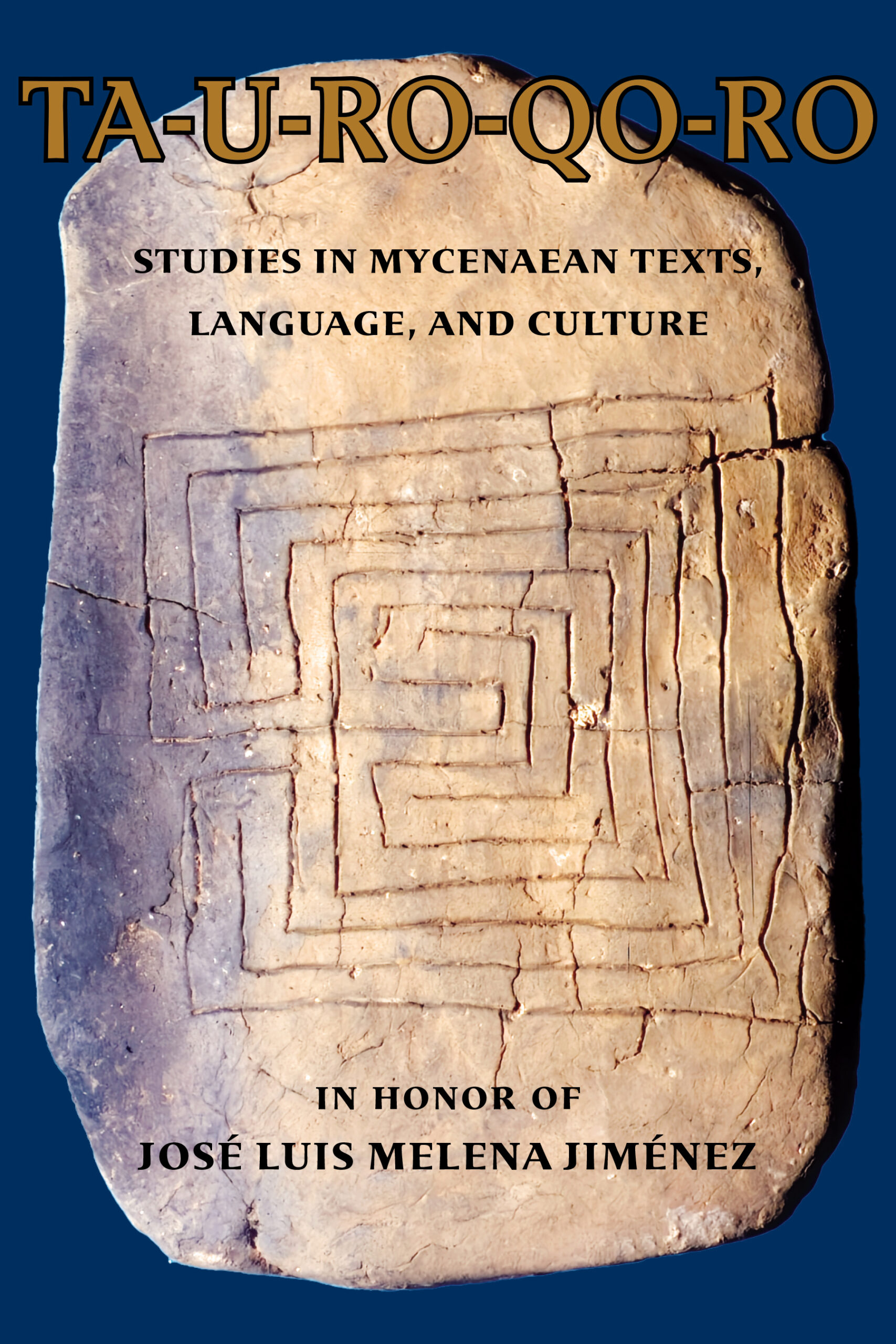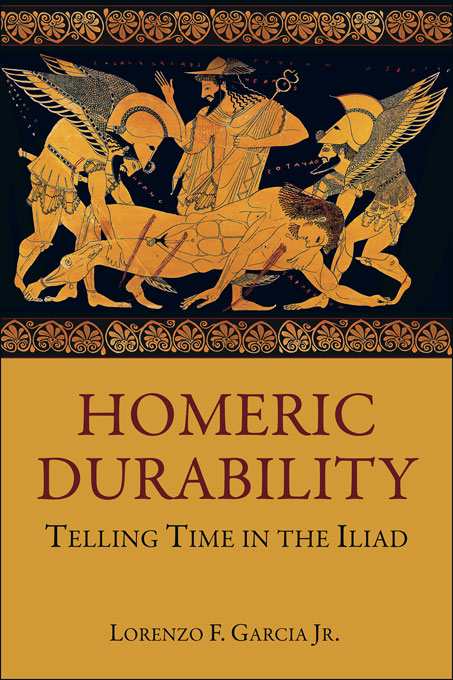The world has long wished for more of Sappho’s poetry, which exists mostly in tantalizing fragments. So the apparent recovery in 2004 of a virtually intact poem by Sappho, only the fourth to have survived almost complete, has generated unprecedented excitement and discussion among scholarly and lay audiences alike. This volume is the first collection of essays in English devoted to discussion of the newly recovered Sappho poem and two other incomplete texts on the same papyri. Containing eleven new essays by leading scholars, it addresses a wide range of textual and philological issues connected with the find. Using different approaches, the contributions demonstrate how the “New Sappho” can be appreciated as a complete, gracefully spare poetic statement regarding the painful inevitability of death and aging.
Available for purchase in print via Harvard University Press.
Greene, Ellen, and Marilyn B. Skinner, eds. 2009. The New Sappho on Old Age: Textual and Philosophical Issues. Hellenic Studies Series 38. Washington, DC: Center for Hellenic Studies. http://nrs.harvard.edu/urn-3:hul.ebook:CHS_GreeneE_SkinnerM_eds.The_New_Sappho_on_Old_Age.2009.
This work is licensed under a Creative Commons 3.0 License.
Wednesday, March 4, 2026
The New Sappho on Old Age: Textual and Philosophical Issues
The Epic Rhapsode and His Craft: Homeric Performance in a Diachronic Perspective
The Epic Rhapsode and His Craft studies Homeric performance from archaic to Roman imperial times. It argues that oracular utterance, dramatic acting, and rhetorical delivery powerfully elucidate the practice of epic rhapsodes. Attention to the ways in which these performance domains informed each other over time reveals a shifting dynamic of competition and emulation among rhapsodes, actors, and orators that shaped their texts and their crafts. A diachronic analysis of this web of influences illuminates fundamental aspects of Homeric poetry: its inspiration and composition, the notional fixity of its poetic tradition, and the performance-driven textual fixation and writing of the Homeric poems. It also shows that rhapsodic practice is best understood as an evolving combination of revelation, interpretation, recitation, and dramatic delivery.
Available for purchase in print via Harvard University Press.
González, José M. 2013. The Epic Rhapsode and His Craft: Homeric Performance in a Diachronic Perspective. Hellenic Studies Series 47. Washington, DC: Center for Hellenic Studies. http://nrs.harvard.edu/urn-3:hul.ebook:CHS_GonzalezJ.The_Epic_Rhapsode_and_his_Craft.2013.
This work is licensed under a Creative Commons 3.0 License.
Plato’s Severed Lovers: Alkibiades and Sokrates
The Symposium’s tale of Alkibiades and Sokrates and its historical implications—of war and philosophy, of a shattered imperial democracy and a god-like leader driven out for supposed impiety and assassinated in exile, as well as a trial and execution of a philosopher for impiety and dissent—is dramatic in its own right. But its large and continuing public significance is only understandable in the context of some unexpected debates about Plato … For rehearsing modest changes on repeated themes, Plato scholarship often resembles the long patriarchy of curation about Athena.
– From the Introduction
Use the following persistent identifier: http://nrs.harvard.edu/urn-3:hul.ebook:CHS_GilbertA.Platos_Severed_Lovers.2021.
Copyright, Alan Gilbert. Published here with permission of the author.
The Epic City: Urbanism, Utopia, and the Garden in Ancient Greece and Rome
As Greek and Trojan forces battled in the shadow of Troy’s wall, Hephaistos created a wondrous, ornately decorated shield for Achilles. At the Shield’s center lay two walled cities, one at war and one at peace, surrounded by fields and pasturelands. Viewed as Homer’s blueprint for an ideal, or utopian, social order, the Shield reveals that restraining and taming Nature would be fundamental to the Hellenic urban quest. It is this ideal that Classical Athens, with her utilitarian view of Nature, exemplified. In a city lacking pleasure gardens, it was particularly worthy of note when Epicurus created his garden oasis within the dense urban fabric. The disastrous results of extreme anthropocentrism would promote an essentially nostalgic desire to break down artificial barriers between humanity and Nature. This new ideal, vividly expressed through the domestication of Nature in villas and gardens and also through primitivist and Epicurean tendencies in Latin literature, informed the urban endeavors of Rome.
Available for purchase in print via Harvard University Press.
Giesecke, Annette. 2007. The Epic City: Urbanism, Utopia, and the Garden in Ancient Greece and Rome. Hellenic Studies Series 21. Washington, DC: Center for Hellenic Studies. http://nrs.harvard.edu/urn-3:hul.ebook:CHS_GieseckeA.The_Epic_City_Urbanism_Utopia_and_the_Garden.2007.
This work is licensed under a Creative Commons 3.0 License.
Tuesday, March 3, 2026
TA-U-RO-QO-RO: Studies in Mycenaean Texts, Language and Culture in Honor of José Luis Melena Jiménez
José Luis Melena Jiménez is a peerless scholar of editing the texts written in the Mycenaean writing system of the late second millennium BCE and explicating their linguistic and “historical” contents.
This volume takes up problems of script and language representation and textual interpretation, ranging from the use of punctuation markers and numbers in the Linear B tablets and the values of specific signs, to personal names and place names reflecting the ethnic composition of Mycenaean society and the dialects spoken during the proto-Homeric period of the late Bronze Age. New insights are offered into Mycenaean furniture, war chariots, pictorial vases, land cultivation, arboriculture, and shrine areas. Other papers discuss wealth finance, prestige goods, the ideology of obligatory payment, long-puzzling tax impositions, and the inevitable collapse of the palatial economic and political systems.
Available for purchase in print via Harvard University Press.
Méndez Dosuna, Julián, Thomas G. Palaima, and Carlos Varias García, eds. 2022. TA-U-RO-QO-RO: Studies in Mycenaean Texts, Language and Culture in Honor of José Luis Melena Jiménez. Hellenic Studies Series 94. Washington, DC: Center for Hellenic Studies. http://nrs.harvard.edu/urn-3:hul.ebook:CHS_MendezDosunaJ_PalaimaT_VariasGarciaC_eds.TA-U-RO-QO-RO.2022.
This work is licensed under a Creative Commons 3.0 License.
Homeric Durability: Telling Time in the Iliad
The Iliad defines its poetic goal as preserving the kleos aphthiton, “fame unwithered,” (IX.413) of its hero, Achilles. But how are we to understand the status of the “unwithered” in the Iliad?
In Homeric Durability, Lorenzo F. Garcia, Jr., investigates the concept of time and temporality in Homeric epic by studying the semantics of “durability” and “decay”: namely, the ability of an entity to withstand the effects of time, and its eventual disintegration. Such objects—the ships of the Achaeans, the bodies of the dead, the walls of the Greeks and Trojans, and the tombs of the dead—all exist within time and possess a demonstrable “durability.” Even the gods themselves are temporal beings. Through a framework informed by phenomenology, psychology, and psychopathology, Garcia examines the temporal experience of Homer’s gods and argues that in moments of pain, sorrow, and shame, Homeric gods come to experience human temporality. If the gods themselves are defined by human temporal experience, Garcia argues, the epic tradition cannot but imagine its own temporal durability as limited: hence, one should understand kleos aphthiton as fame which has not yet decayed, rather than fame which will not decay.
Available for purchase in print via Harvard University Press.
Garcia, Lorenzo F., Jr. 2013. Homeric Durability: Telling Time in the Iliad. Hellenic Studies Series 58. Washington, DC: Center for Hellenic Studies. http://nrs.harvard.edu/urn-3:hul.ebook:CHS_GarciaL.Homeric_Durability_Telling_Time_in_the_Iliad.2013.
This work is licensed under a Creative Commons 3.0 License.
Open Access Journal: Rosetta: Papers of the Institute of Archaeology and Antiquity, University of Birmingham
Rosetta: Papers of the Institute of Archaeology and Antiquity, University of Birmingham
ISSN 1752-1580
The Rosetta journal is aimed at postgraduates and professionals from a variety of historical and archaeological disciplines.
Within Rosetta you will find articles covering a wide scope of archaeology, history and classics subjects, book reviews, museum and conference reports. There are also links to other sites of interest and forthcoming seminars and conferences.
This journal is an online, electronic journal and is free to view; we welcome submissions from any related area.
Current issue – Issue 30
Current Issue – Issue 30 (2025)Previous issues
Special issue: From the Breast
